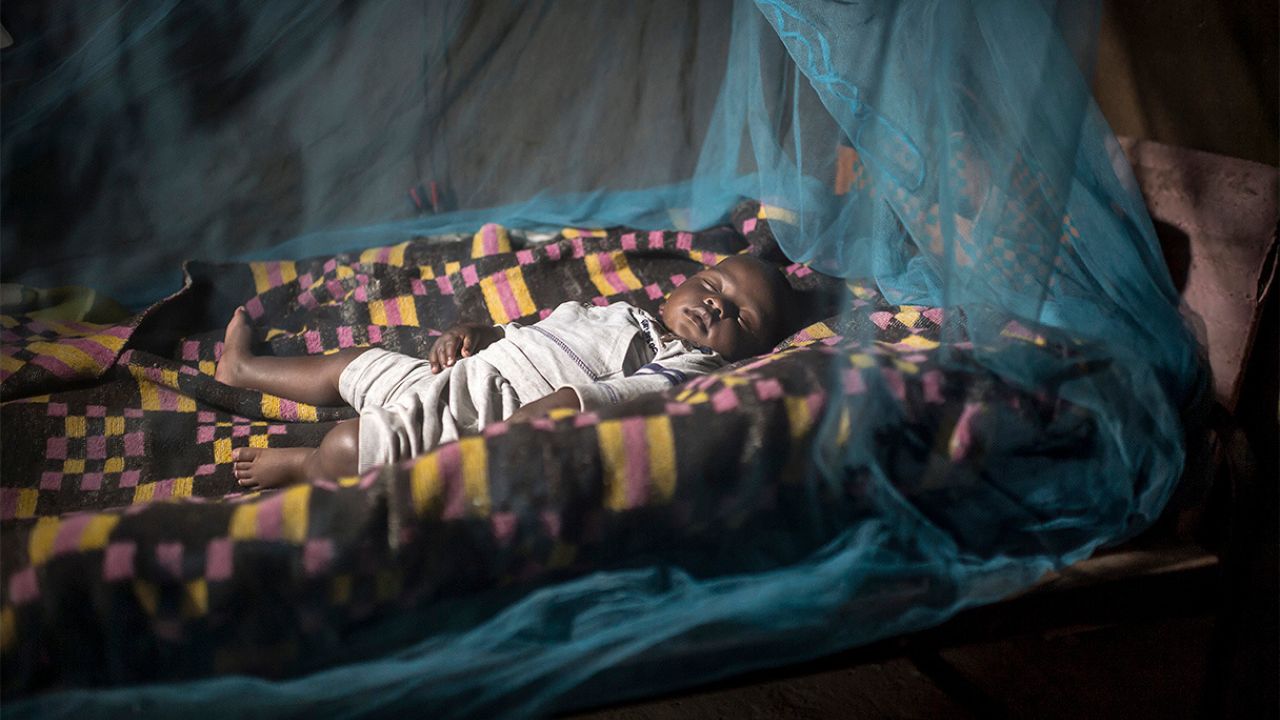CHANDIGARH
Establishing a regimen is essential if you want to shield your baby from dengue, malaria, and chikungunya fever. While coils and aerosol insect sprays may be successful at keeping mosquitoes away, they might endanger your child’s health in the process.
advised the following safety precautions to properly protect your kid from malaria and other illnesses spread by mosquitoes during rainy season:
- Appropriate attire – During the humid monsoon month, it’s crucial to clothe your infant in loose cotton clothing that covers their arms and legs and keeps mosquitoes away while yet allowing for air exposure to the skin.
- Using natural mosquito repellents – Natural repellents are the best approach to keep mosquitoes away from your child. You must, however, exercise caution and vigilance when it comes to the chemicals they contain. To protect your child, use repellents free of DEET and formulated with components like lemongrass, citronella, eucalyptus, and lavender. Young newborns can also be protected from mosquitoes by wearing mosquito patches. To guarantee that your child is always protected against mosquito bites, you may attach patches containing essential oils to clothes, cribs, mattresses, and strollers.
- Keep your home clean and don’t let any water sit in pots, pans, plant pots, air conditioner water trays, or even buckets of water in the bathroom. Do keep an eye out for leaky faucets and pipelines. Still, water serves as a mosquito breeding habitat and may bring a swarm of insects into your home.
- Mosquito netting – Place a mosquito net over your baby’s stroller, carrier, or cot to provide a physical barrier between the child and insects while still allowing air to flow freely. In order to greatly reduce their exposure to mosquitoes, use the net both at home and outside.
- Keep an eye out for fever signs – If your kid does acquire dengue, it’s critical to keep note of symptoms so that prompt treatment may be given. Some of the symptoms, such as fever, nausea, vomiting, headaches, dry mouth, reduced urine, rashes, and swollen glands, should not be ignored. You should call your doctor as soon as your kid starts displaying these signs.

 English
English






